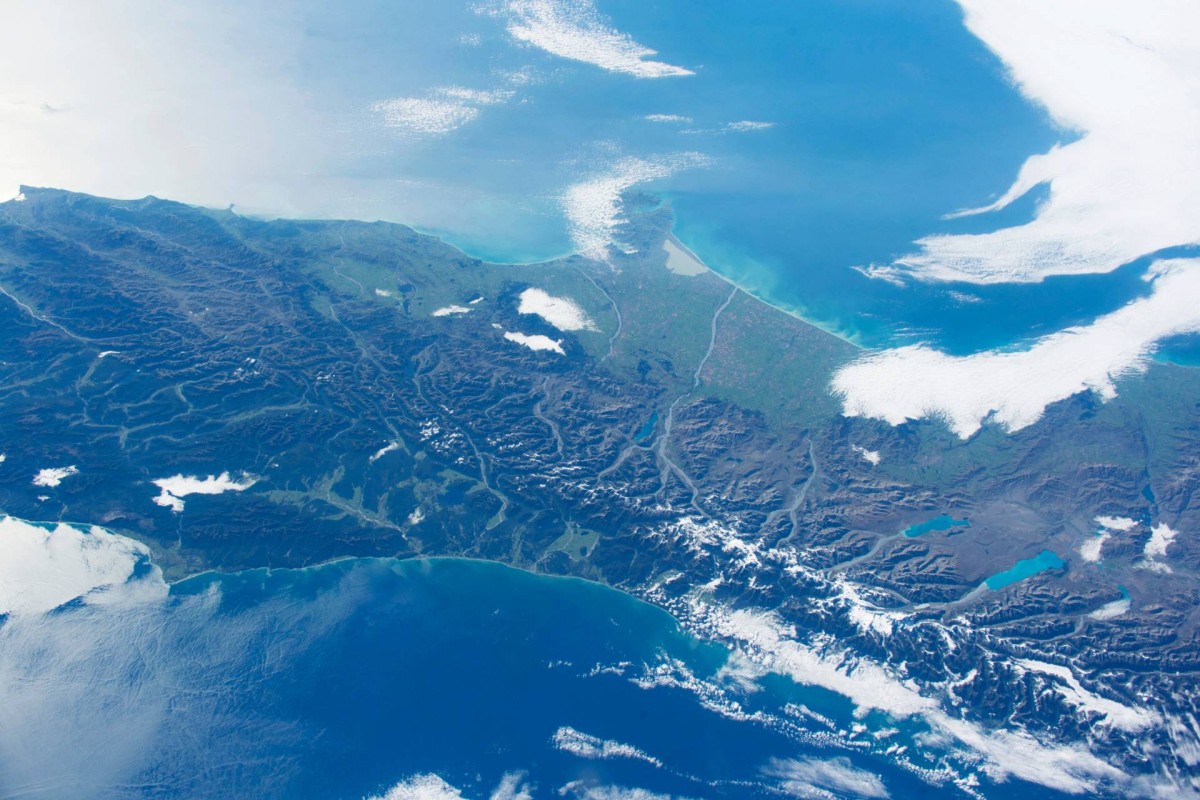Broadcasting company Sky New Zealand has switched to a new satellite. Services now operate on the KoreaSat6 satellite. It replaces the Optus D2 satellite, which reached the end of its commercial life earlier than anticipated. With a growing number of Sky customers experiencing intermittent signal disruptions, the satellite shift plan was accelerated.
“The programme to migrate to a new satellite has been a significant project for Sky,” Chief Executive Sophie Moloney said. “Technology projects of this scale always carry risk and complexity. We are delighted to confirm that the switch to the new satellite successfully occurred in the early hours of this morning.
Most Sky Users Uninterrupted
Most Sky television boxes automatically tuned post-switch, so customers didn’t need to do anything. Some viewers had to restart their boxes. However, some customers need to upgrade their satellite dishes to ensure continued reception, with those located at the geographic ends of New Zealand more likely to be impacted.
“Post switchover testing and customer engagement activities are now underway,” Moloney said in April. “Customer care and operations teams are working to support any customers who require assistance to connect to the new satellite and optimise their set up, noting that customers on the new Sky Box with sufficient broadband connectivity will continue to access services via IP if their satellite service is disrupted.”
The satellite change was long-awaited. Signal problems from the ageing Optus D2 sparked widespread customer frustration over the last two years. Many customers experienced regular service disruptions, with some complaining about delayed technician visits and inadequate compensation, despite being offered Sky credits and alternative streaming options. Wider conversation about service reliability and customer care emerged.
The Life Cycle of Satellites
Sky has said their new satellite is expected to deliver superior signal strength to almost all of New Zealand. “Sky has already upgraded many dishes in these areas (including all customers in Gisborne and the East Cape that we believed might require support), but is working at pace to visit the remaining customers in areas where their properties may benefit from a dish upgrade or slight tweak of their set-up. In-home technician teams are located in these areas ready to support, and once this work is complete, all customers in these areas can expect reliable service from Sky.”
Two things can happen to old satellites: the last of their fuel is used to steer them out of orbit, either so they burn up in the atmosphere or can be sent further away from Earth. The latter approach was taken for Optus D2, which was relocated into a deep-space graveyard orbit for retired satellites.





